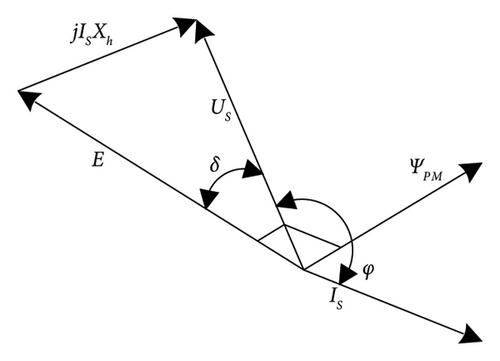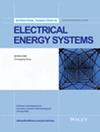This paper introduces a novel hybrid controller designed for a wind turbine power generation system (WTPGS) that utilizes a permanent magnet synchronous generator (PMSG). This hybrid controller combines the adaptability of an adaptive neuro-fuzzy inference system (ANFIS) with the simplicity of a proportional-integral (PI) controller. The PI controllers are traditionally used for stability and noise handling. ANFIS adds adaptability, making it more suitable to cope with the variable nature of wind energy. The primary objective of this hybrid strategy is to augment the overall control performance and reliability of PMSG-based WTPGS when encountered with continuous variable wind conditions. However, implementing the PI controller alone with the WTPGS often suffers from high overshoot and sluggish response in nonlinear systems like WTPGS. In contrast, ANFIS controllers offer superior performance to PI and other artificial intelligence controllers but are still susceptible to noise issues. In this paper, the proposed WTPGS system is designed in MATLAB/Simulink software where a hybrid controller (ANFIS-PI) is implemented in the machine-side converter (MSC) and grid-side converter (GSC) of a variable speed PMSG-based wind turbine to enhance its performance subjected to wind variations. The hybrid controller is implemented in such a way that the ANFIS controller is implemented in the outer layers while the PI controller is applied in the inner layers of both MSC and GSC. The simulation results for this hybrid controller in the MSC outperform those of the conventional PI controller. They demonstrate minimal overshooting and settling time, maintaining consistent stability even when subjected to various test signals at different intervals. Similarly, the GSC also surpasses conventional PI controllers, achieving a significant 6.4% reduction in maximum overshoot and a decrease of 4.36 seconds in settling time. This highlights its strong suitability for wind turbine applications.



